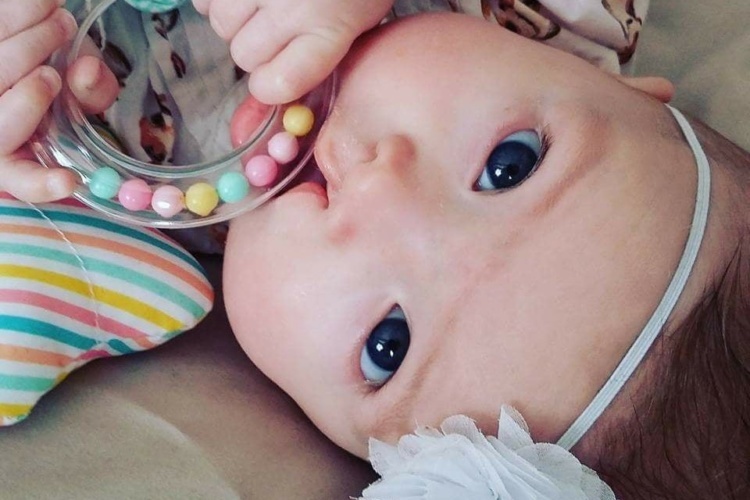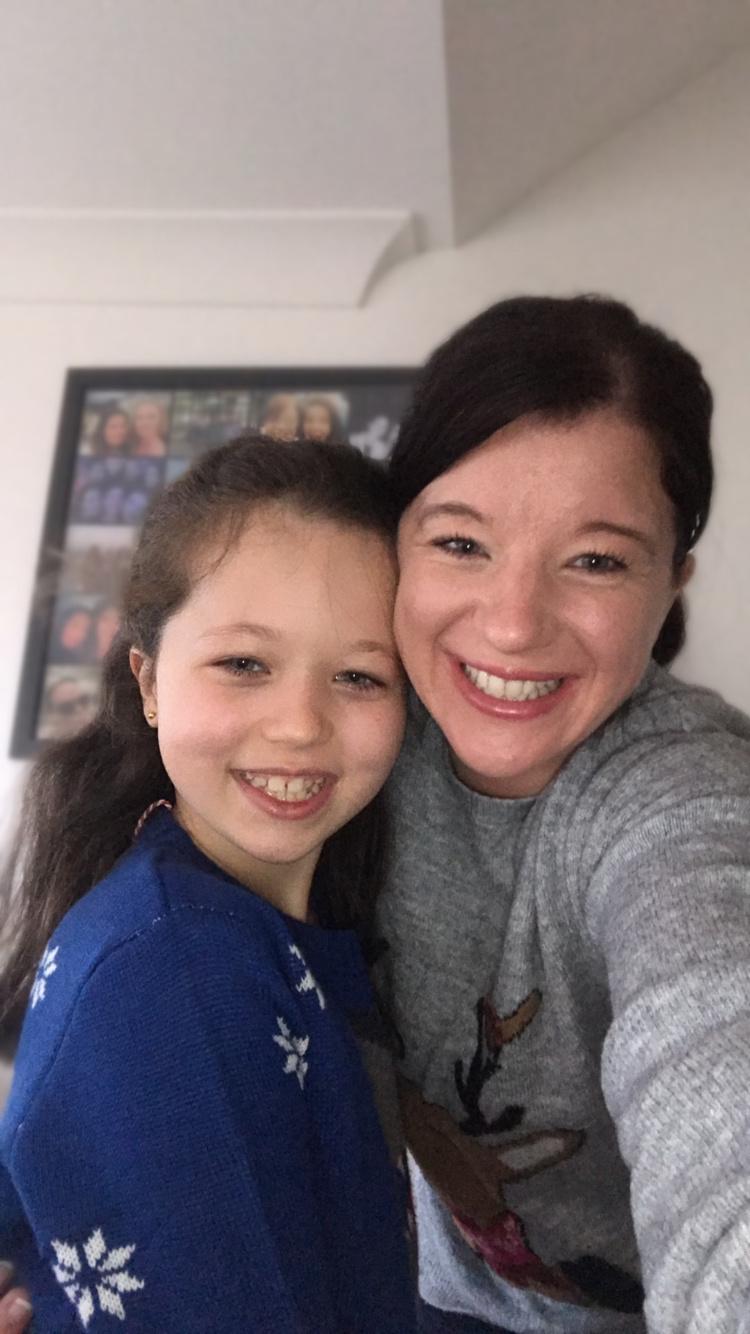A cleft of the lip and/or palate occurs in approximately 1 in 700 births, with around 1,000 new cleft births in the UK each year. A cleft can significantly impact feeding, the development of speech, appearance, hearing and other aspects of a child’s development. A small proportion of children born with a cleft have genetic syndromes (30%), however around 70% of clefts arise due to a combination of genetic and environmental risk factors.
We’re proud to have worked with an expert team at the University of Bristol since 2012 to establish The Scar Free Foundation Cleft Gene Bank and Cohort Study – ‘The Cleft Collective’ – the first large scale cleft gene bank in the world, which is following participants up over several years and collecting long-term outcome data. The study collects biological samples of children born with a cleft as well as their parents, along with information on demographic, lifestyle, developmental, treatment, outcome and psychological data. The Bristol team started collecting data in 2013 and worked with NHS Cleft teams up and down the UK to recruit participants to the gene bank. In total, over 8,000 biological samples have been collected from 3,500 children, 2,500 mums and 2,600 dads of children with cleft making it one of the world’s largest biobanks.
After building up this vast bank of samples, the team at the Cleft Collective plan to analyse the genetic data in order to further our understanding of the causes of cleft.
The Scar Free Foundation was delighted to additionally fund a groundbreaking genotyping study, which enabled scientists to generate data on the genetic makeup of these children born with cleft and their mothers, and compare them with the DNA of 11,000 mothers and children from Bradford and Bristol who did not have cleft. Through the latest DNA chip technology, the Bristol team were able to generate data on 600,000 genetic variants on these DNA samples across different chromosomes. The aim was to achieve a better understanding of both genetic and non-genetic factors to help inform preventative measures in the future.
One of our Scar Free Foundation Ambassadors, Anna Hobbs, knows first-hand the impact that a cleft can have - her daughter Abi, 12, was born with a cleft of the palate.



